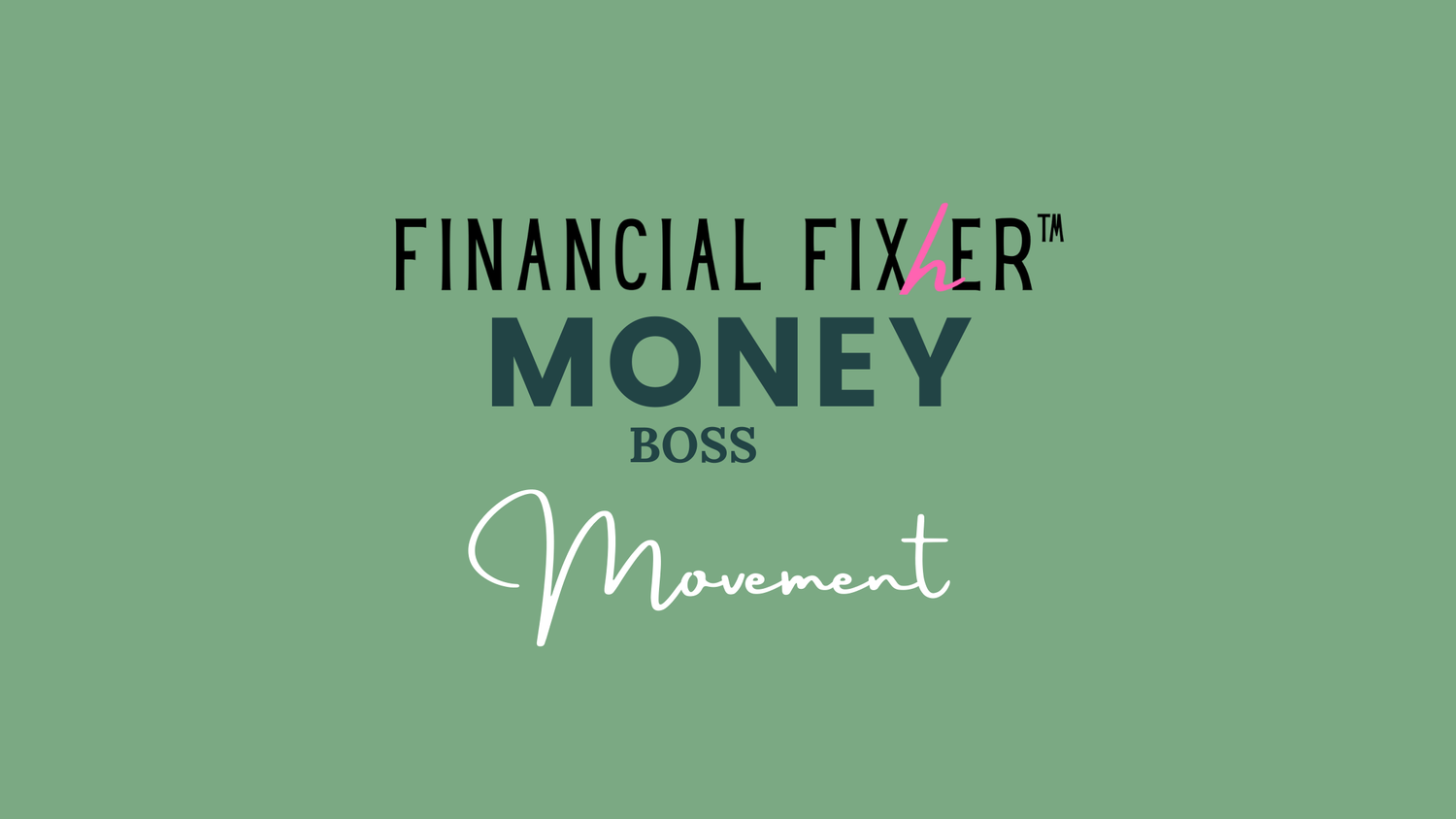Setting Financial Boundaries: Three Rules to Keep your Sanity
Setting Financial Boundaries with People we Love, and don’t want to Hate, is a must.
What are Personal Boundaries? In short, they are how we teach others to treat us. They are limitations on what we will tolerate from others.
Why are Boundaries Important? If we have little to no boundaries established, we are controlled by others. If we have proper boundaries established, we are in control of ourselves.
How do Boundaries affect our Finances? If we have little to no boundaries put up against others, they are not only going to take advantage of us, they will take advantage of our money. Our finances are a direct extension of us. Money is part of everything we do. It’s intertwined with our habits and behaviors at all times. If we’re being controlled by others, so is our money.
Is it Helping or Hurting your Wealth?
All of us have family, or friends, or coworkers who fall on hard times. And sometimes they fall on hard times frequently. Being down on luck happens, but if it's a persistent lifestyle, that's a different thing.
If someone's been pumping money out of you for longer than a few months, it's too long. It's OK to help, until "helping hurts". It can hurt you both in the long-term. First, you need to consider how this is affecting your finances. If helping is making it hard to cover your own bills, and/or you’re relying on debt to cover the short-fall, you’re not in a position to be giving money. Not to anyone outside of your own household. And secondly, how is taking bailouts helping the receiver? Is it simply getting them out of a jam? Or, is this jam more like a never-ending tsunami?
"In order to protect your own mental health, your relationship, and ultimately your future wealth, setting financial boundaries is crucial." ~ AD
Money is a sensitive subject. It's so emotional, that often it gets mishandled and avoided like a dirty secret. The continuous disregard will create confusion, deeper debts, and destruction. I know this, because I was once abusive with my money. I was on both ends of the spectrum with NOT setting clear boundaries with friends, family, and partners. It went on through my twenties, until I was in my mid-thirties. And this isn't an age thing. Sure, stats may show a higher percentage of people acting this way within the younger adult demographic. But, this is a problem for people of all ages, especially if it goes on for long periods of time.
As a Spending Behavior Consultant, at least 80% of my clients are in the middle of battling boundary issues. Or, they're cleaning up the wreckage from falling short on setting and enforcing them.
As I teach financial behavior, budgeting, and "wealthy habits", it becomes more clear to me every day. More clear that I’m just one out of millions who dug into a pit so deep, it seemed impossible to get out. It took years of hard work for me and my husband to claw out of that pit, with no rope or ladder. Just sheer will.
If you want to SAVE your relationships and NOT go BROKE in the process, check these THREE RULES off your list when helping others with money.
Rule One: Plan & Execute your Boundaries!
The first step can’t be skipped. Map out your personal financial plan. Until you’re clear on that, boundary-setting won’t stick. How can you tell someone “yes”, “no”, or “take a hike”, if you're not confident about where you’re at, where you’re going, or how you’re going to get there?
Once you have those answers, then you can intentionally make a decision on where to set and enforce your boundaries intelligently. The biggest part of execution is communication. These are tough discussions, I know. But, we have to do hard things. That’s Life. What’s hard in the beginning, is easy in the end. If we start with what’s easy, and don’t speak the truth, it gets real hard fixing the mess later.
Rule Two: They’ll still love you, if you say NO.
Be strong enough to say “NO”. If someone is asking you for help, you can’t afford to give, say “no”. If someone is asking you for help repeatedly, and it’s due to that person’s bad behavior, say “no”. This is a tough one, especially when dealing with family, because we don’t want to let them down, we want them to still love us, and/or we want to protect them from floundering. I get it.
Every family dynamic is strange in it’s own way, so I can’t speak for anyone but me. However, if you get a gut feeling that you’re only fueling a bigger burning fire, be mindful. If you’re “giving a drunk a drink” so to speak, it might be time to love that person from a greater distance, if possible. Resentment may come from the person you’re telling “no” to, but they will get over it. It's a better scenario than you feeling resentment towards the receiver, after you’ve clearly fallen short on laying the ground rules.
Rule Three: Give it, don’t lend it!
If you want to help someone with money, AND you have the means to do so, that’s wonderful. But, be willing to never see that money again. Even if the other person is willing to pay it back. If they pay it back, great. But, if they don’t, there are zero hard feelings on either side. Otherwise, every encounter with this person in the future will be tainted and sour.
Thanksgiving dinners with that family member will be less palatable. Attending events or meetings with that co-worker will have a dark cloud hovering. And maybe you’ll be in no mood to party, when the birthday rolls around for that friend you lent money to. You get the picture.
~Love & Prosperity to you all~


